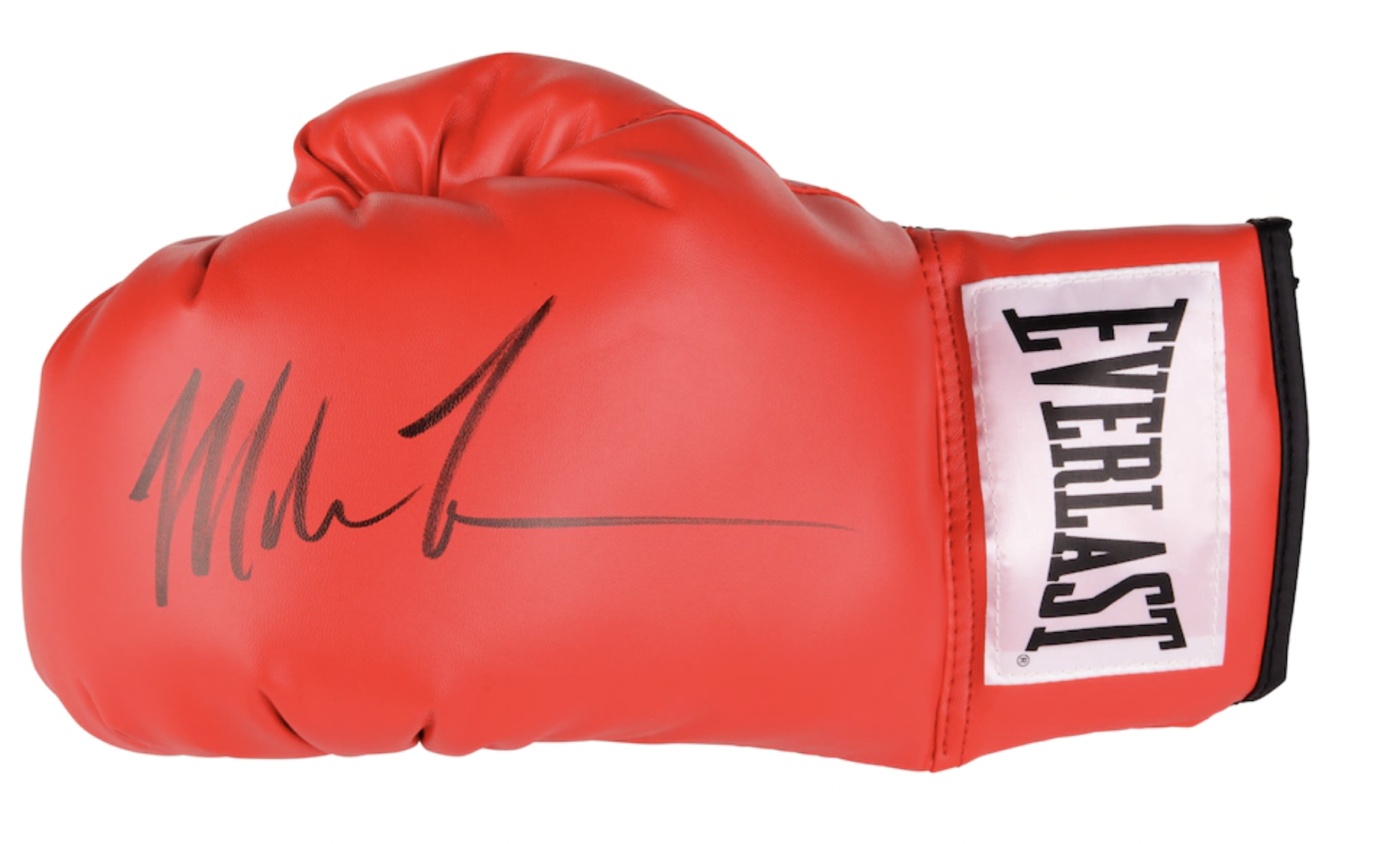SACRAMENTO, Calif. — Jon Jones had his mixed martial arts license reinstatement hearing Tuesday. Yet some of the things expressed during the California State Athletic Commission (CSAC) meeting left Jones and his doping case as almost an afterthought.
Jones had his license temporarily given back in unanimous vote by the commission and will be clear to fight Alexander Gustafsson for the UFC light heavyweight title at UFC 232 on Dec. 29 in Las Vegas. Jones, who tested positive for the banned substance Turinabol in relation to UFC 214 in July 2017, will do community service with a Brazilian jiu-jitsu youth group in Anaheim and he fulfilled the $205,000 fine given to him when his license was revoked by CSAC in February.
A big part of Jones’ hearing, though, focused on USADA, the UFC’s anti-doping partner. CSAC executive officer Andy Foster surprisingly stated that he no longer wanted USADA to adjudicate potential anti-doping violations relating to cases in which California holds jurisdiction. Foster said he had “concerns” about USADA’s processes, saying that Jones should not have had to deal with separate CSAC and USADA cases.
That is a marked change in philosophy for Foster. When Jones had his license revoked in February, CSAC did not set a suspension length. Foster said he would defer to USADA in that regard. Jones ended up being suspended 15 months in his USADA case, with an arbitrator shortening USADA’s original 18-month suspension by three months.
During the hearing, Foster said he was “wrong” to defer the state’s ability to sanction to an agency that has a financial tie to the UFC.
“We yielded executive discretion, discretion granted by the legislature of the state, to a third-party drug-testing company paid for by a promoter,” Foster told MMA Fighting after the hearing. “It’s a good thing. You heard me say, the UFC has done many great things by cleaning up the sport by hiring USADA, by doing these things. But the penalties, in my view, they’re not always consistent. And in any reason, it causes more burden for the fighter. They have to adjudicate with the commission and they have to adjudicate with USADA. Sometimes those are the same, sometimes they’re not. I say that because the process needs to be fixed.
“Jon Jones should not have had to have been here twice. He should not have had to go through this USADA process in my view. He should have got his 15 or 18 months back in February. Because whether I think he meant to cheat or not, he had it in his system. Nobody is disputing that. He’s getting in trouble, he paid a hefty penalty for that substance in his system. We have talk about [Jones’ UFC 214 opponent] Daniel Cormier a little bit in this thing. There has to be justice for him in this sense.”
Foster said, like the criminal justice system, fighters who have more money are able to hire better attorneys, do more additional testing and mount better defenses than some of their peers. He said he likes the idea of the USADA program and he can’t speak for other athletic commissions, but he believes CSAC should be the only one handing out sanctions to fighters who fail a drug test related to a fight in the state.
“Here in California, we have sole jurisdiction,” Foster said. “I just need the results. Collect the urine, send me the results. We’ll take it from there on our licensees.”
Jones was facing a four-year suspension from USADA, a length of time that Foster believes would have been a “miscarriage of justice.” The CSAC executive officer believes these situations have to do with workers having the right to put food on their families’ table. Foster said he believes California should be the only one to take on that responsibility regarding those fighters licensed there.
“The process is affecting a fighter’s ability to make a living,” Foster said. “There’s a lot to that. Obviously, the actions need to be punitive. But it’s this commission’s job and other commission’s jobs around the country to protect the public and to protect the public welfare. And I think it’s a little bit beyond the scope of a drug-testing company to assume that rule. And we allowed it. We allowed it. I went along with it. The commission went along with it. But when I have it to do over again — I’m sure probably in time I’ll have it to do over again — we’ll do it differently.
“My concern is always about what’s right for the public and what’s right for these fighters. And how are they to be treated? These are independent contractors. I don’t think we can be lost on that point. These are independent contractors. And they’re licensees to make a living. Now, they’re with a promotional company, the UFC. But I think when you start talking about taking away that right to make a living, you need to be sure — 100 percent sure — and have all your facts in a row.”
USADA spokesperson Adam Woullard told MMA Fighting that Foster has not expressed these feelings to the agency. And USADA does not feel like its presence is getting in the way of commission adjudication.
“We’ve never heard this from Andy in the three and a half years we’ve ran our global anti-doping program for the UFC, and we’re interested to follow-up with him on those comments,” Woullad wrote in an e-mail. “Our program that tests UFC fighters around the world has no impact on what any state commission program does and has never attempted to replace their jurisdiction. They’ve always had the ability to adjudicate cases as they please and we have not interfered with their decision-making. We look forward to continuing to work with Andy and the CSAC.”
In addition to these jurisdictional issues, Foster said he did not agree with the reasoning in which USADA initially shortened Jones’ suspension from four years to 18 months. In the sanction announcement, USADA wrote that Jones provided “substantial assistance,” a provision in the UFC anti-doping policy that has to do with a fighter helping USADA or another anti-doping organization with “discovering or bringing forward an Anti-Doping Policy Violation” by another person or something else that “results in a criminal or disciplinary body discovering or bringing forward a criminal offense or the breach of professional rules committed.”
“That’s nonsense to me,” Foster said. “You’re gonna tattle on somebody and get your [suspension] reduced? That doesn’t mesh with my way of thinking. I’m dealing with Mr. Jones or I’m dealing with Fighter X or Fighter B. I’m not gonna reduce their punishment if they tell me somebody else is a doper. I don’t want to speak exactly for [USADA], but part of the rationale was that’s part of an effective anti-doping program. I don’t know about anti-doping programs other than the drug tests that we issue here at CSAC. … Somebody wrote, it’s called the ‘snitch’ rule. Somebody wrote that. I don’t know about that.”
Woullard said that Foster brought up his distaste for the “substantial assistance” provision in a phone call with USADA officials Monday. USADA maintains that such a rule is a “key element” toward what the agency is exists for — cleaning up athletics and creating an even playing field for athletes. Woullard added that Foster and CSAC could have sanctioned Jones further in this case, but chose to honor USADA and the arbitrator’s rulings.
“Andy brought this up to us for the first time yesterday, and we talked through it,” Woullard wrote. “Substantial assistance has been a key element in the anti-doping fight since the original WADA Code came into effect in 2003 and in the UFC rules since the introduction of the program. For example, the whistleblowers who came forward in Russia exposed the country’s state-sponsored doping program. However, given that CSAC had jurisdiction in this case, they could have chosen not to follow the reduction and come to a different conclusion. We’re happy they did, as it’s the right decision in this case.”

